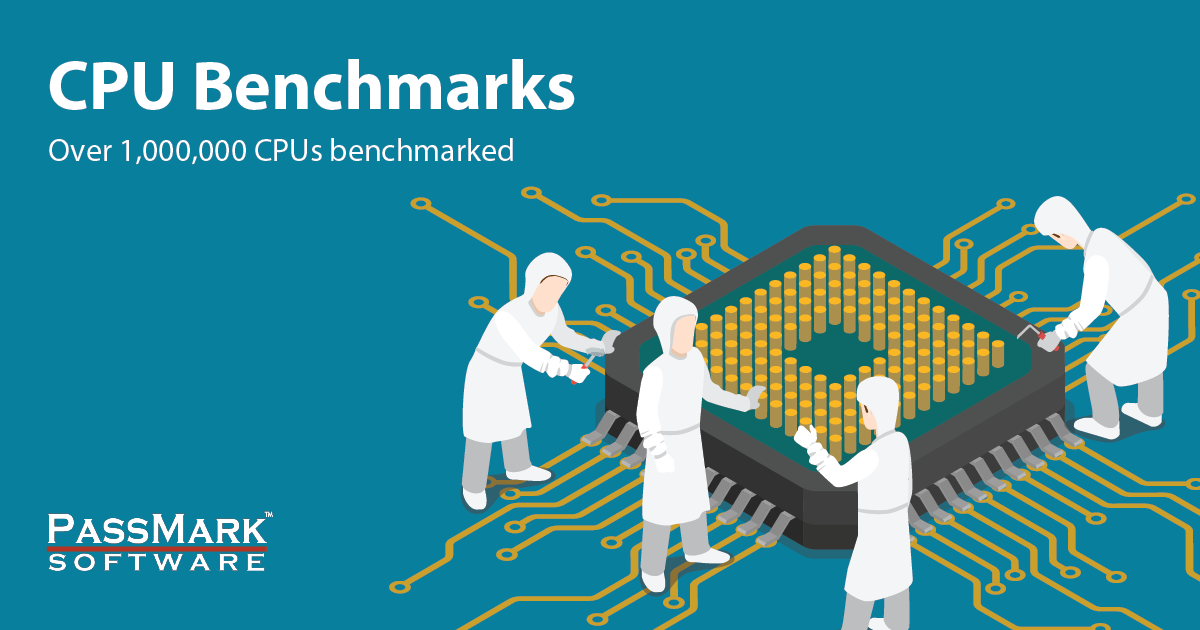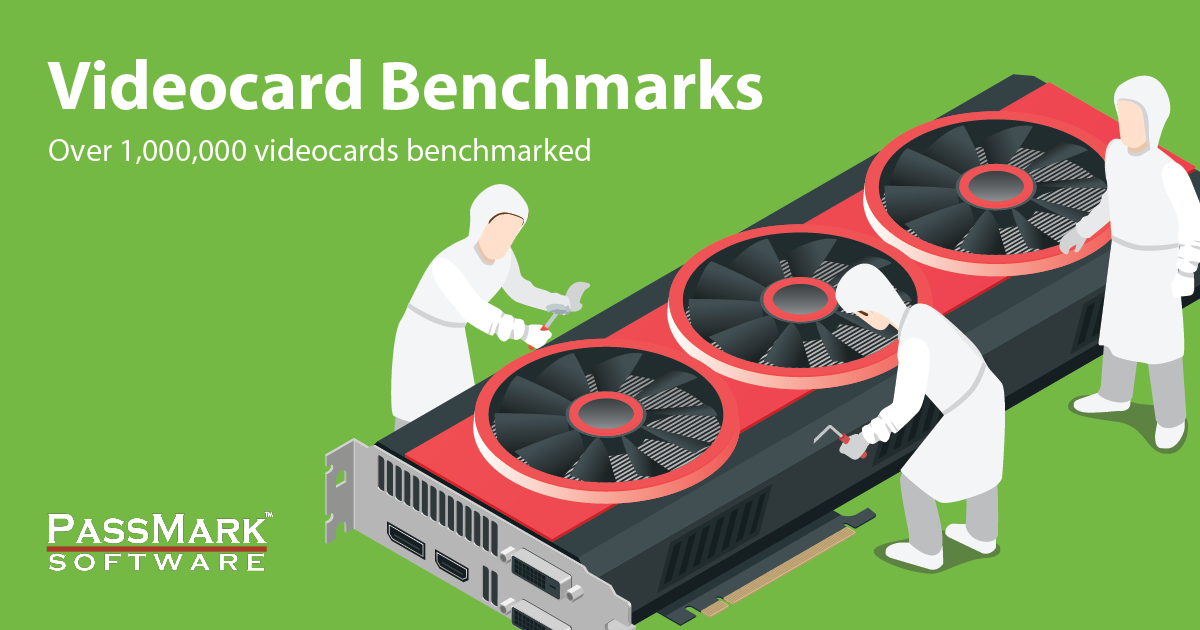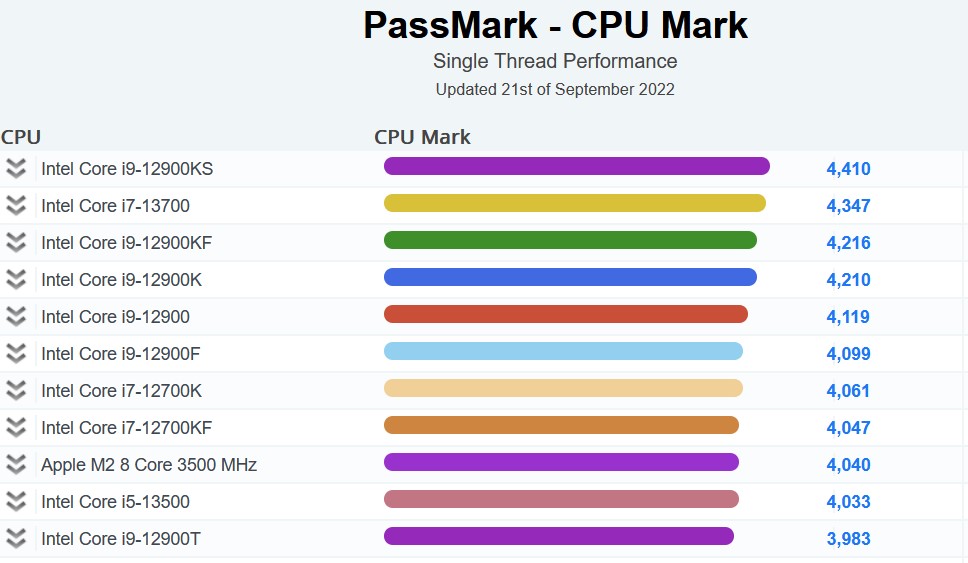PC requirements for working on large models?
-
I'm looking to build a new PC for my office computer, and I'm looking for advice on key system requirements needed for working on large Sketchup models. It seems as though every company I've worked for they've had problems with Sketchup models lagging, freezing once the model reaches a certain size.
I realize there are things you can do minimize the size of your model, but since I'm getting a new computer, I'm curious to know what the experienced users on this forum would recommend in terms of hardware (graphics card, processor, memory, etc.)?
I'll also be using Twin Motion and possibly Lumion, Vray or Rhino.
Thanks!
-
Every app has its limits. SketchUp is primarily a conceptual design tool that allows users to go from 3D to 2D design docs fairly rapidly.
SketchUp's not geared towards handling truck loads of polys efficiently because by nature it is intertwined with parametric objects. Much the same how 3DS or Maya is not geared toward dimensioning and layout.
But if I was in the market for a device that was SketchUp and TwinMotion compliant I would be leaning towards 2080 TI or above for GPU, < 32 GB of RAM, 1TB SSD and a good CPU like an i9 12900 or i7 12700
AMD Ryzen 59xx have better power management if that something you need to consider.
Spend the remainder of your budget on air flow and cooling to keep it from turning into a sauna.
Your render software is where you see the gains. Maybe slights gains in SketchUp too but nothing drastic.
-
@rich o brien said:
Every app has its limits. SketchUp is primarily a conceptual design tool that allows users to go from 3D to 2D design docs fairly rapidly.
SketchUp's not geared towards handling truck loads of polys efficiently because by nature it is intertwined with parametric objects. Much the same how 3DS or Maya is not geared toward dimensioning and layout.
But if I was in the market for a device that was SketchUp and TwinMotion compliant I would be leaning towards 2080 TI or above for GPU, < 32 GB of RAM, 1TB SSD and a good CPU like an i9 12900 or i7 12700
AMD Ryzen 59xx have better power management if that something you need to consider.
Spend the remainder of your budget on air flow and cooling to keep it from turning into a sauna.
Your render software is where you see the gains. Maybe slights gains in SketchUp too but nothing drastic.
Is power management less critical with Sketchup, more so with rendering programs? And with air cooling, can one just buy additional fans? Thanks for your recommendation.
-
Rich has given you some good advice there.
It is also worth repeating that you can often get more major gains from model management than from hardware upgrades. People often spend money buying a more 'powerful' machine in the expectation that it will make a huge difference and their heavy models will flow well. It is often not the case. A badly bloated model will bring any computer to its knees. Even a small file size model can have millions of edges contained within a few components, and those millions of edges will make things slow. We regularly see models that can be cleaned up by more than 50% sometimes as much as 80 or 90%.
So, all I'm saying is, be sure you understand the benefits of efficient modelling practices along with good hardware. -
@bsquared said:
Is power management less critical with Sketchup, more so with rendering programs? And with air cooling, can one just buy additional fans? Thanks for your recommendation.
Yes, any prolonged extensive use of gpu and cpu will be a power consumption goblin. More power = more heat. More heat = more air movement. So you end up with a dog chasing its tail.
If your budget has room for liquid cooling that would be a direction I would lean towards.
A quicker option would be a gaming rig as these are a good match for archviz and 3d design work.
SketchUp chokes for any number of reasons. Turn off all the visual treats and shadows and it starts to chew through bigger models.
-
@box said:
Rich has given you some good advice there.
It is also worth repeating that you can often get more major gains from model management than from hardware upgrades. People often spend money buying a more 'powerful' machine in the expectation that it will make a huge difference and their heavy models will flow well. It is often not the case. A badly bloated model will bring any computer to its knees. Even a small file size model can have millions of edges contained within a few components, and those millions of edges will make things slow. We regularly see models that can be cleaned up by more than 50% sometimes as much as 80 or 90%.
So, all I'm saying is, be sure you understand the benefits of efficient modelling practices along with good hardware.Thanks, model management is something I need to get better at. I try to separate things as much as possible with groups and tags, turning off what I don't need as I'm working. And not using ultra detailed items from warehouse. Do you know of any good resources for learning this aspect of Sketchup?
-
@rich o brien said:
@bsquared said:
Is power management less critical with Sketchup, more so with rendering programs? And with air cooling, can one just buy additional fans? Thanks for your recommendation.
Yes, any prolonged extensive use of gpu and cpu will be a power consumption goblin. More power = more heat. More heat = more air movement. So you end up with a dog chasing its tail.
If your budget has room for liquid cooling that would be a direction I would lean towards.
A quicker option would be a gaming rig as these are a good match for archviz and 3d design work.
SketchUp chokes for any number of reasons. Turn off all the visual treats and shadows and it starts to chew through bigger models.
Good to know. Thanks for your help.
-
for SU modeling operations, the single-thread perfomance of the CPU is relevant only:

PassMark CPU Benchmarks - Single Thread Performance
Benchmarks of the single thread performance of CPUs. This chart comparing CPUs single thread performance is made using thousands of PerformanceTest benchmark results and is updated daily.
(www.cpubenchmark.net)
A mid-sized nVidia Geforce RTX is mostly sufficient, fortunately prices are dropping a little bit:

PassMark Video Card (GPU) Benchmarks - High End Video Cards
Video Card Benchmarks - Over 1,000,000 Video Cards and 3,900 Models Benchmarked and compared in graph form - This page contains a graph which includes benchmark results for high end Video Cards - such as recently released ATI and nVidia video cards using the PCI-Express standard.
(www.videocardbenchmark.net)
Improving performance of high-poly count models:
https://help.sketchup.com/en/sketchup/improving-performance
https://blog.sketchup.com/article/10-tips-for-modeling-large-design-projects -
@sketch3d.de said:
for SU modeling operations, the single-thread perfomance of the CPU is relevant only:

PassMark CPU Benchmarks - Single Thread Performance
Benchmarks of the single thread performance of CPUs. This chart comparing CPUs single thread performance is made using thousands of PerformanceTest benchmark results and is updated daily.
(www.cpubenchmark.net)
A mid-sized nVidia Geforce RTX is mostly sufficient, fortunately prices are dropping a little bit:

PassMark Video Card (GPU) Benchmarks - High End Video Cards
Video Card Benchmarks - Over 1,000,000 Video Cards and 3,900 Models Benchmarked and compared in graph form - This page contains a graph which includes benchmark results for high end Video Cards - such as recently released ATI and nVidia video cards using the PCI-Express standard.
(www.videocardbenchmark.net)
Improving performance of high-poly count models:
https://help.sketchup.com/en/sketchup/improving-performance
https://blog.sketchup.com/article/10-tips-for-modeling-large-design-projectsThanks, good information.
-
@bsquared said:
Thanks, good information.
[OT]pls do in general not full quote, especially for a 3 word thx response; tia.[/OT]
-
My personal suggestions:
-
Latest i7 or i9 Intel CPU. The more threads the better. Check to see if there are any problems with a current release. Others will suggest a Ryzen.
-
GPU from an RTX 2060 or higher. The more GB the better. Prices have gone down since the crypto crash.
-
32GB or more RAM. Many will say 16GB if fine. Whatever you can afford.
-
Air cooling is fine. Some people swear by water cooling but you also have to contend with lag time for the water to start cooling the CPU.
-
If you're building the PC make sure you get a case that fits all of your components such as a big CPU fan or a long GPU.
-
Don't really need RGB for the fans but a fan controller if you have multiple fans is suggested.
-
Minimum 750W PSU but some GPUs require 850W. Make sure it meets GPU requirements.
-
1TB PCI-Express Solid State Drive for your OS and programs and if you can get another one add that too. For storage or libraries you can use a traditional HDD and get something around 3TB. It's better to have too much storage than find out you need more in the coming years.
-
-
@gus r said:
- Latest i7 or i9 Intel CPU. The more threads the better.
"for SU modeling operations, the single-thread perfomance of the CPU is relevant only"
-
@sketch3d.de said:
@gus r said:
- Latest i7 or i9 Intel CPU. The more threads the better.
"for SU modeling operations, the single-thread perfomance of the CPU is relevant only"
Those ARE the ones with the best single-thread performance.

PassMark CPU Benchmarks - Single Thread Performance
Benchmarks of the single thread performance of CPUs. This chart comparing CPUs single thread performance is made using thousands of PerformanceTest benchmark results and is updated daily.
(www.cpubenchmark.net)
The 13th gen i5 13500 does seem to be the best bang for your buck as it is pretty much on par with an Apple M2 in single-thread performance. The i5 still has 14 cores and 20 threads.

-
@glenn at home said:
Those ARE the ones with the best single-thread performance.

PassMark CPU Benchmarks - Single Thread Performance
Benchmarks of the single thread performance of CPUs. This chart comparing CPUs single thread performance is made using thousands of PerformanceTest benchmark results and is updated daily.
(www.cpubenchmark.net)
already posted above.
-
@sketch3d.de said:
already posted above.
Yep, saw that. Just pointing out that the higher end multi-core ones ARE the ones with the best single thread scores.
Advertisement







